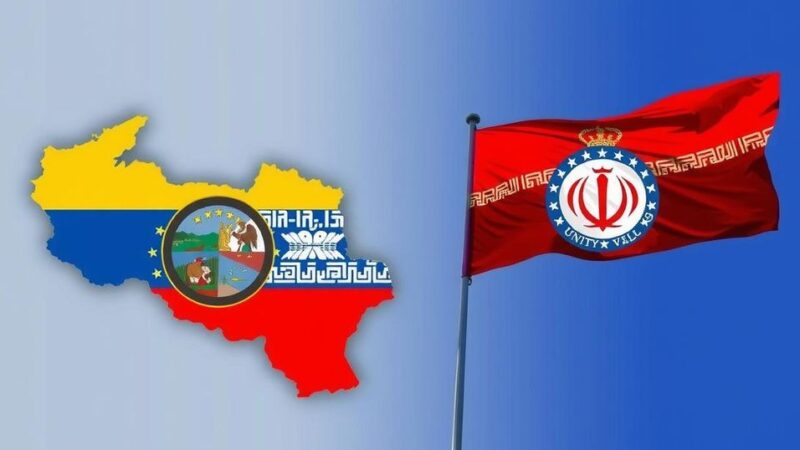Tropical Storm Oscar weakened while moving towards the Bahamas after causing at least six deaths in Cuba and heavy rainfall. It was recorded as the smallest hurricane on record. The storm’s unexpected intensification surprised forecasters, and its dissolution marks a significant moment in the ongoing Atlantic hurricane season.
Tropical Storm Oscar dissipated on Tuesday while moving towards the Bahamas, following its landfall in Cuba as a Category 1 hurricane. The storm claimed the lives of at least six individuals and resulted in significant rainfall on the island, which was concurrently facing a major power outage. On Tuesday afternoon, the remnants of Oscar were identified approximately 75 miles east-southeast of Long Island in the Bahamas, with maximum sustained winds reduced to 35 mph and moving northeast at 12 mph, as reported by the National Hurricane Center in Miami. Forecasts indicated that up to 4 inches of rain could be expected across southeastern Bahamas and the Turks and Caicos Islands due to the storm’s remnants. Notably, Oscar made history as the smallest hurricane on record, having a wind field spanning only about 6 miles, and it surprised many by intensifying unexpectedly before making landfall first on Grand Inagua Island in the Bahamas and subsequently in eastern Cuba. Michael Lowry, a hurricane specialist and expert on storm surges, remarked, “It is not often we see a colossal failure in hurricane forecasting.” He pointed out that modeling predictions had not anticipated Oscar’s transition into a hurricane. The storm unleashed approximately 15 inches of rain in parts of eastern Cuba on Monday, raising concerns over flooding and possible landslides, particularly in Guantánamo, where the six fatalities were recorded. This occurrence also coincided with Cuba’s efforts to recover from a widespread blackout, which had led to minor public protests and a stern government warning regarding unrest. Oscar was the 15th named storm and the 10th hurricane of the Atlantic hurricane season, which spans from June 1 to November 30. Long-term models suggest the possibility of another storm developing in the central Caribbean within a week. Lowry noted, “One last gasp may be in store for the Atlantic as we turn the calendar to November.” The National Oceanic and Atmospheric Administration had predicted an above-average Atlantic hurricane season this year, anticipating 17 to 25 named storms with four to seven reaching Category 3 or higher strength. Concurrently, Tropical Storm Kristy was reported over open waters in the Pacific, situated 470 miles west-southwest of Acapulco, Mexico, with maximum sustained winds of 60 mph and a westward movement at 16 mph, likely to strengthen into a hurricane by Tuesday night.
Tropical Storm Oscar’s unexpected transition from a tropical storm to a hurricane highlights the complexities and challenges present in hurricane forecasting. The impact of Oscar on Cuba was notably severe, as the country was already grappling with the consequences of a massive blackout. The storm serves as a critical reminder of the dangers posed by hurricanes, especially as climate change contributes to increasingly unpredictable weather patterns. During the Atlantic hurricane season, which typically runs from June to November, the frequency and intensity of storms can vary greatly, warranting heightened awareness and preparedness measures.
The situation surrounding Tropical Storm Oscar underscores the unpredictable nature of weather events and the importance of effective forecasting. As Oscar diminished in strength while moving towards the Bahamas, its lasting effects on Cuba and its communities were significant, prompting concerns over flooding and infrastructure resilience. Moreover, the broader implications of an active hurricane season, as predicted by meteorological authorities, necessitate vigilant monitoring and preparedness for potential future storms.
Original Source: www.stripes.com






